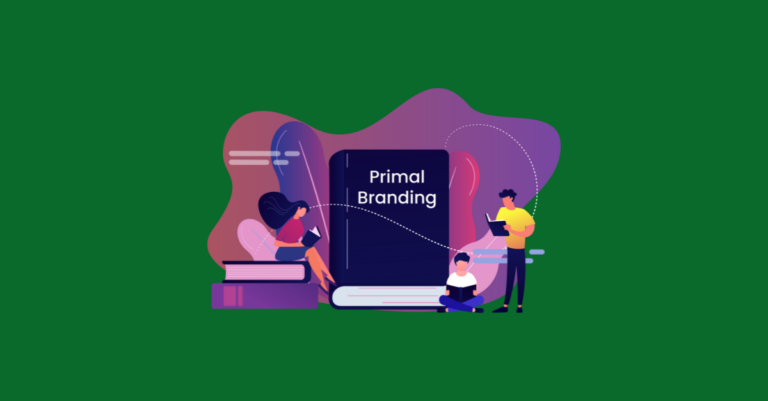Is Your Brand Forgettable? It Might Just Be an Archetype Identity Problem
Every strong brand has a clear, recognizable identity that resonates deeply with its audience. If yours is struggling, you may need archetypal help.

Every strong brand has a clear, recognizable identity that resonates deeply with its audience. If yours is struggling, you may need archetypal help.

Maximize ROI by structuring search campaigns around user intent. Learn how to separate brand, competitor, and generic keywords for smarter bidding and better performance.

Canonical tags alone won’t fix your duplicate content issues. Learn why Google may ignore them, how they impact traffic and reporting, and what solutions actually work.

Confused people don’t convert. They scroll past. Enter: knowing your brand’s personality, or “archetypal branding.” Learn more.

This post explores six high-impact UGC formats and creative ways to turn everyday customer content into scroll-stopping ads across channels.

Every business should start posting on YouTube — and we’re here to tell you all the reasons why!

While AI is powerful, our marketing team’s SEO experts see it as a complement to, not a substitute for, human expertise. Explore use cases we rely on.

Primal Branding outlines seven elements—creation story, creed, icons, rituals, pagans, sacred words, and leader—that help brands create belief systems. Brands like Patagonia, Lush, and Marshall use these to build loyalty, connect emotionally with customers, and inspire advocacy beyond just selling products.

Is your audience made up of multiple segments with different needs and wants? Discover your options for giving everyone a great user experience!

Learn the power of gated content for capturing leads. Enhance your marketing funnel with effective lead magnets and drive customer engagement.

Whether your goal is to optimize content for SEO or get fresh new content ideas, using the right keywords and phrases is a big factor for success.

If you’re writing blog posts, or any kind of copy, on behalf of a client, you need to know them so well that you can (quite literally) finish their sentences. As an outside writer, it’s a hard but necessary task. Great writers are plentiful, but writing in someone else’s voice – even a company’s voice – is the real challenge. I compare it to a comic doing impressions. (Or maybe that’s just my excuse to classify watching SNL as “research”.) Someone like Dana Carvey carefully studies the quirks and habits of how an entity presents itself. Sure it’s about the words they say, but it’s also about how and why they say them.